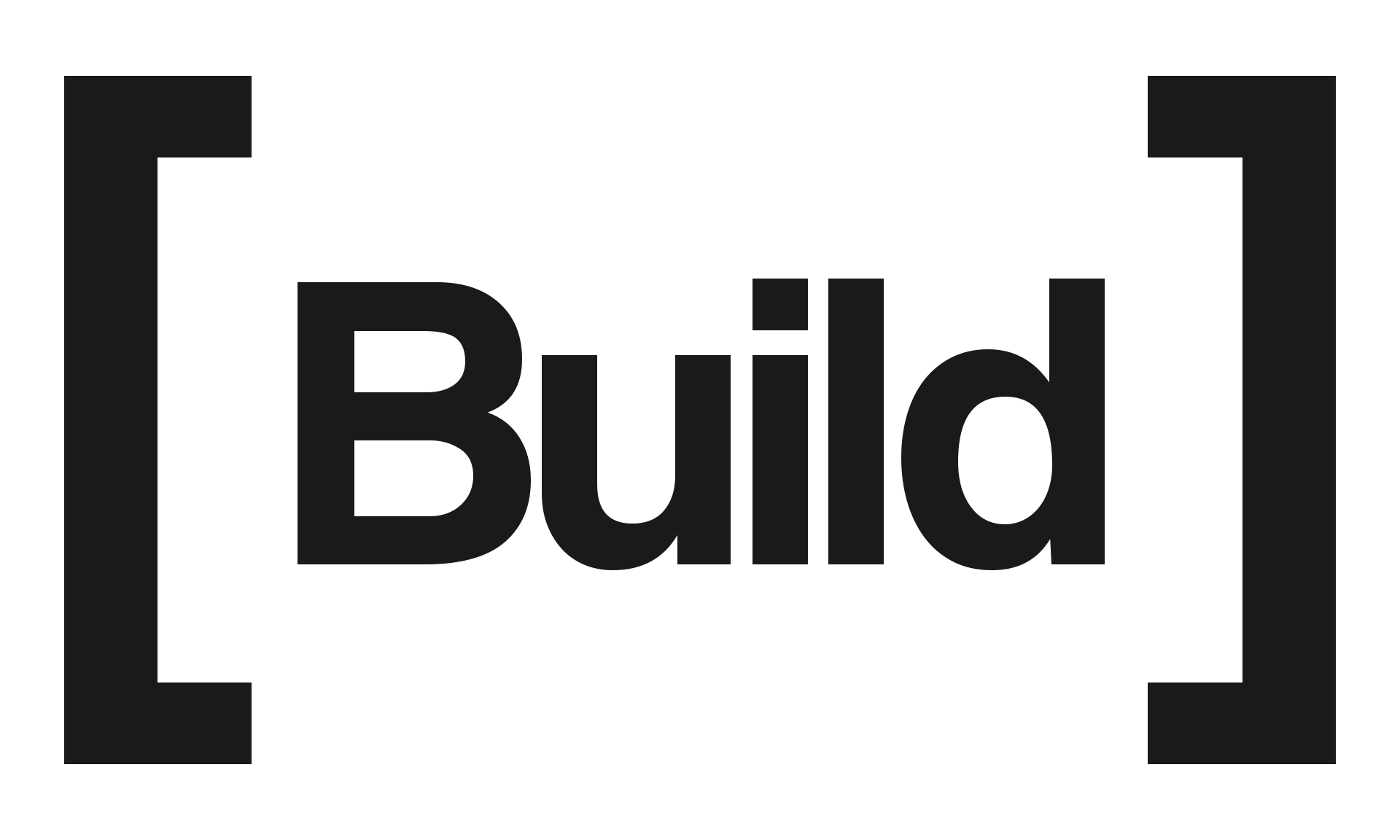
When forming a C Corporation (C corp), one of the primary obligations is fulfilling specific tax filing requirements. The U.S. tax code outlines several forms that C corps must submit annually to report their income, expenses, and other business activities. Understanding and correctly filing the appropriate tax forms is crucial to ensuring compliance with the IRS and avoiding penalties. In this post, we will explore the main tax form for a C corporation—Form 1120—along with other relevant forms and details you need to know about C corporation tax filing.
1. Form 1120: U.S. Corporation Income Tax Return
The primary tax form that a C corporation files with the IRS is Form 1120, also known as the U.S. Corporation Income Tax Return. This form is used to report the corporation’s income, deductions, credits, and to calculate the corporation’s federal income tax liability.
Key Components of Form 1120:
Income: C corps must report all sources of income, including gross receipts, sales, dividends, capital gains, and other revenue streams.
Deductions: Corporations can deduct ordinary and necessary business expenses from their income, such as employee wages, rent, depreciation, taxes, advertising costs, and interest.
Tax Calculation: After reporting income and allowable deductions, the corporation calculates its taxable income, on which the corporate tax rate (currently a flat 21% at the federal level) is applied.
Credits and Payments: Corporations may qualify for certain tax credits which can reduce the total tax owed. They must also report any estimated tax payments made throughout the year or any credits carried over from prior years.
When to File Form 1120?
Form 1120 must be filed annually, and the deadline is typically the 15th day of the 4th month following the end of the corporation’s tax year. For calendar year corporations, the due date is April 15th. If more time is needed, a corporation can file Form 7004 to request a six-month extension, moving the deadline to October 15th.

Need Help Getting Your Startup's Accounting and Taxes Streamlined, Simplified, and Headache-Free?
Schedule a Free Consultation Today
2. Form 5472: Information Return of a Foreign-Owned Corporation
C corporations that are 25% or more foreign-owned are required to file Form 5472 alongside Form 1120. This form reports transactions between the corporation and its foreign owners or related parties. It helps the IRS monitor potential profit shifting and transfer pricing issues.
Corporations failing to file Form 5472 can face steep penalties starting at $25,000 for each missed filing, making it critical for foreign-owned C corps to be aware of this requirement.
3. Form 4626: Alternative Minimum Tax (AMT)
C corporations that meet certain thresholds may need to file Form 4626 to calculate and report their Alternative Minimum Tax (AMT). Although the AMT is primarily designed for individuals, it also applies to corporations with significant tax preferences that could otherwise reduce their tax liability too much.
4. State Tax Forms
Beyond federal tax obligations, C corporations must also file state tax returns in the states where they conduct business. Each state has its own requirements and forms, which may include franchise taxes, income taxes, or gross receipts taxes. For example, California requires C corporations to file Form 100, while New York uses Form CT-3.
The tax rates, filing requirements, and due dates can vary by state, so it’s essential for corporations to understand their local obligations in addition to federal filings.
5. Form 8938: Reporting of Foreign Assets
C corporations that own certain foreign financial assets may also need to file Form 8938, reporting their foreign holdings to the IRS. The form is used to comply with the Foreign Account Tax Compliance Act (FATCA), which targets tax evasion through offshore accounts.
Conclusion of Tax Form for C Corporation
Filing taxes as a C corporation involves understanding and completing several key tax forms. The main form, Form 1120, is used to report income, deductions, and tax liabilities, but corporations must also be aware of additional forms, such as those for foreign transactions, AMT, and state requirements.
Ensuring accurate and timely filing is crucial to avoid penalties and stay compliant with both federal and state tax regulations. If you’re unsure about which forms apply to your corporation or need assistance in preparing your tax return, it’s always a good idea to consult with a tax professional or accountant.
Like this Content and Want More Like it?
Sign up for helpful tips to reduce your taxes, receive tax deadline reminders, and get free resources, guidance, and walkthroughs sent right to your email.
About the Author

Brett Rosenstein
Founder of Build Accounting
Certified Public Accountant
Brett is the founder and president of Build Accounting where he provides accounting, tax filing, and CFO services for tech startups and SaaS businesses. His goal is to make the accounting and tax process as simple, streamlined, and headache-free for business founders as possible.
Brett received a Bachelor of Science in Business Administration from The Ohio State University. He is also a Certified Public Accountant.
When Brett is not working, he is running, biking, spending time with his wife and daughter, or trying new pizza places.
Schedule a Free Trial!
Get started today by scheduling a call to see how we can help your tech startup or SaaS business. We’ll respond as soon as possible.
By submitting this contact form, you consent to receive email communications from Build Accounting, including our newsletter with quick time and tax saving tips. You may opt-out at any time.

